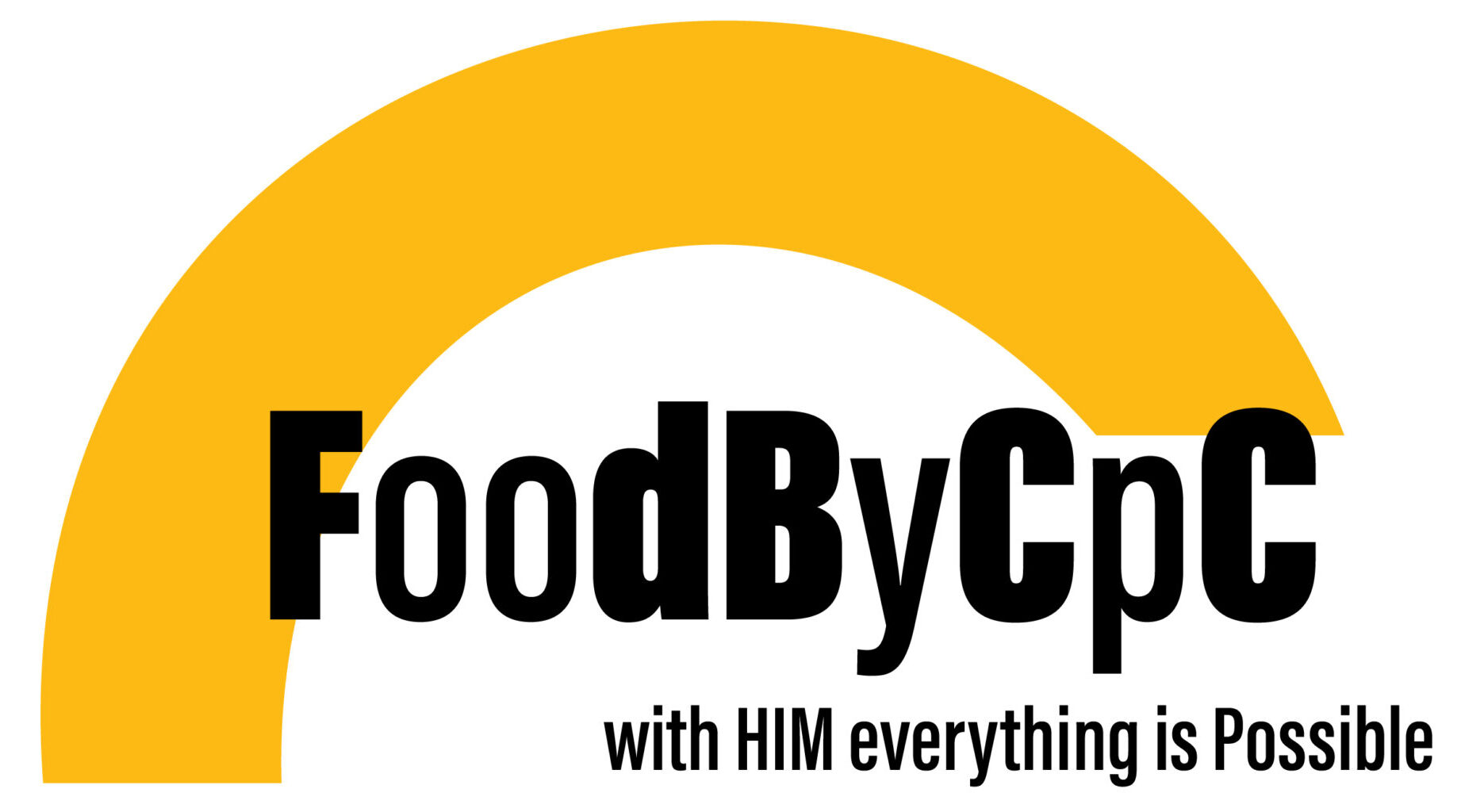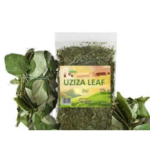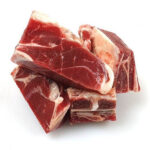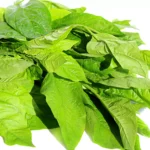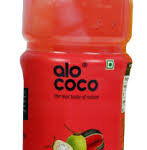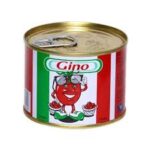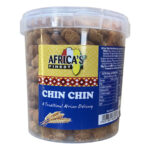Exploring Africa’s Largest Food Markets: The Heartbeat of Communities
Africa’s food markets are much more than places to buy and sell goods; they are vibrant cultural epicenters, brimming with energy, tradition, and the essence of each society they serve. These bustling hubs not only cater to daily needs but also weave together the social fabric of their communities, showcasing the diversity, flavors, and resilience of the continent. Visiting these markets is a journey into the soul of Africa—where joy, connection, and commerce converge.
The Joy of African Food Markets
Walking through an African food market is a sensory delight. The air is filled with the aroma of spices, freshly cooked meals, and ripe fruits. Sounds of traders calling out their wares mingle with laughter and chatter, creating an electrifying atmosphere. Every corner tells a story—of farmers, artisans, and traders who pour their hearts into their goods. The markets bring people together, acting as meeting points for families and friends. Beyond the commerce, they are spaces of celebration, where traditions are passed down and the community spirit thrives.
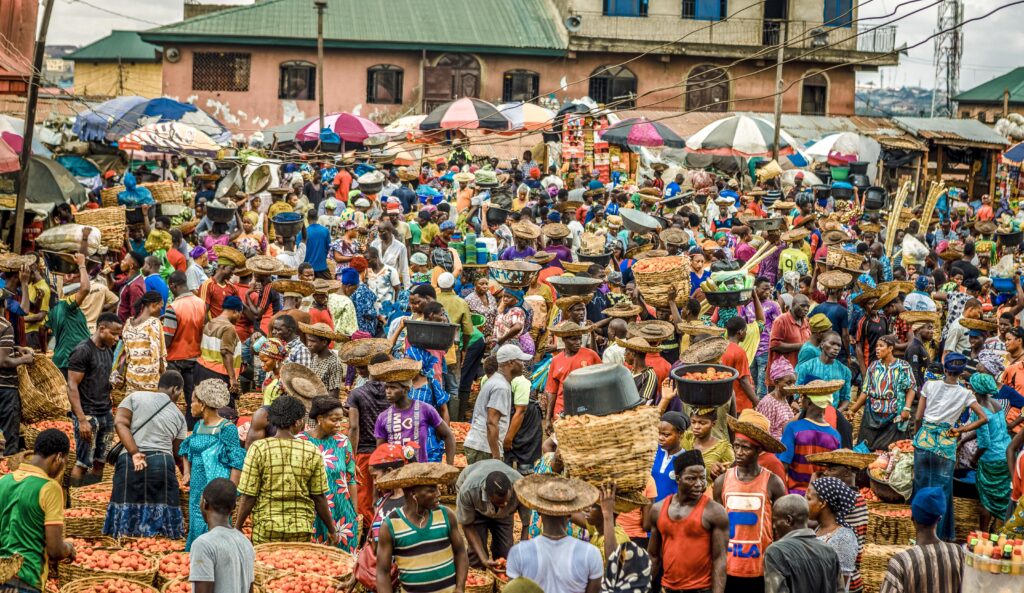
The Markets and Their Unique Characteristics
- Mile 12 Market – Lagos, Nigeria
This major agricultural hub in Lagos is essential to Nigeria’s food supply chain. Famous for its variety of fresh fruits, vegetables, yams, and plantains, Mile 12 Market reflects the energy and diversity of Lagos. It’s a place where vibrant produce meets dynamic negotiations, showcasing the entrepreneurial spirit of its people. - Marrakech Souks – Marrakech, Morocco
The Marrakech Souks are an enchanting labyrinth of stalls offering everything from aromatic spices and dried fruits to olives and preserved lemons. The Rahba Kedima spice square is particularly famous, a treasure trove of colors and scents that represent Morocco’s culinary richness. The souks embody the charm of North Africa, where food is intertwined with history and craftsmanship. - Medina Market – Dakar, Senegal
Situated in Dakar, the Medina Market is a seafood lover’s paradise, offering an array of fresh fish, shellfish, and crustaceans. Alongside its coastal bounty, the market showcases millet, peanuts, and other staples of Senegalese cuisine. The market’s rhythm mirrors the vibrancy of Senegalese music and culture. - Bouake Market – Bouaké, Côte d’Ivoire
Bouake Market is a sprawling center for fresh produce and traditional ingredients. Known for its yams, cassava, and spices, it captures the essence of Ivorian cuisine. The market is also a testament to the resilience of the community, thriving amidst Côte d’Ivoire’s evolving socio-economic landscape. - City Market – Nairobi, Kenya
A mix of local and urban vibes, City Market in Nairobi is a hub for fresh produce, meats, fish, and Kenyan staples like sukuma wiki (collard greens). It’s also known for its vibrant flower stalls and handmade crafts, making it a unique blend of food and art that mirrors Kenya’s cultural richness. - Kasumbalesa Market – Zambia/DRC Border
A vital cross-border trading post, Kasumbalesa Market serves as a lifeline for the region. Known for maize, cassava, and fresh fish, it’s a testament to the interconnectedness of African economies. The market symbolizes the shared livelihoods and culinary traditions between Zambia and the DRC. - Onitsha Market – Onitsha, Nigeria
While primarily known as one of Africa’s largest markets for goods, Onitsha’s food section is a vital resource for fresh produce and Nigerian delicacies. The market’s scale and variety highlight Nigeria’s role as an agricultural powerhouse. - Souss-Massa Market – Agadir, Morocco
Located in the fertile Souss Valley, this market is celebrated for its fresh fruits, vegetables, and seafood. It’s a key supplier for both local consumption and export, representing Morocco’s agricultural prowess.
Food Markets as a Reflection of Society
Each market is a microcosm of its community, reflecting its values, priorities, and creativity. These markets demonstrate the importance of agriculture and trade in African economies, but they are also cultural barometers. The ways in which traders interact, display their goods, and negotiate prices reveal much about social customs and relationships.
The uniqueness of each market lies in the flavors they champion—be it the fiery peppers of Lagos, the delicate spices of Marrakech, or the fresh seafood of Dakar. These foods carry the stories of generations, embodying traditions that define their societies.
The Heart and Truth of African Markets
African food markets are more than economic centers; they are the beating hearts of their communities. They express the truths of resilience, innovation, and unity. In every negotiation, in every shared meal, and in every vibrant display of produce lies a celebration of life. Visiting these markets is not just an opportunity to taste the flavors of Africa but also to witness its enduring spirit
For those who enter these bustling spaces, the experience is unforgettable—a reminder that the simplest places can hold the deepest truths about a people and their way of life.
